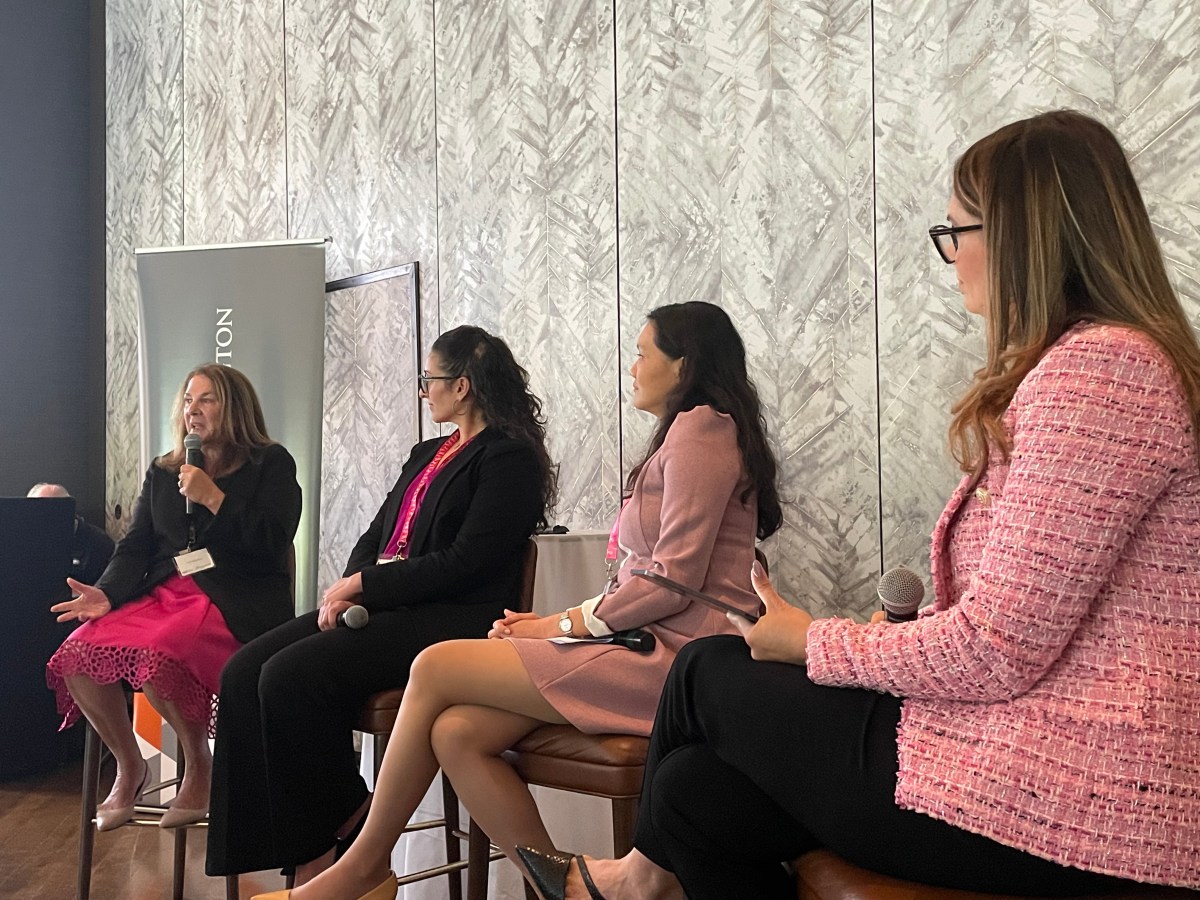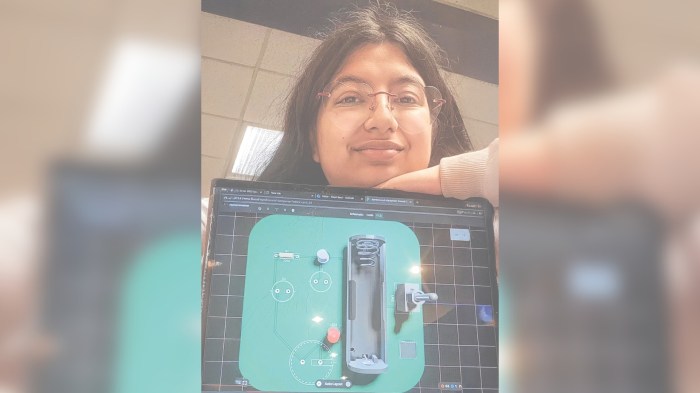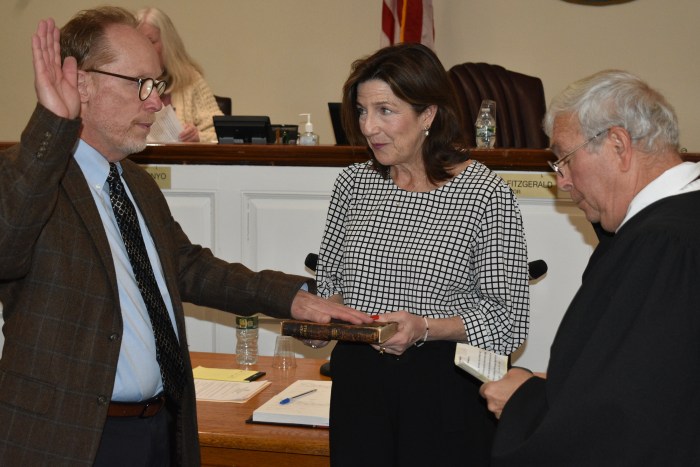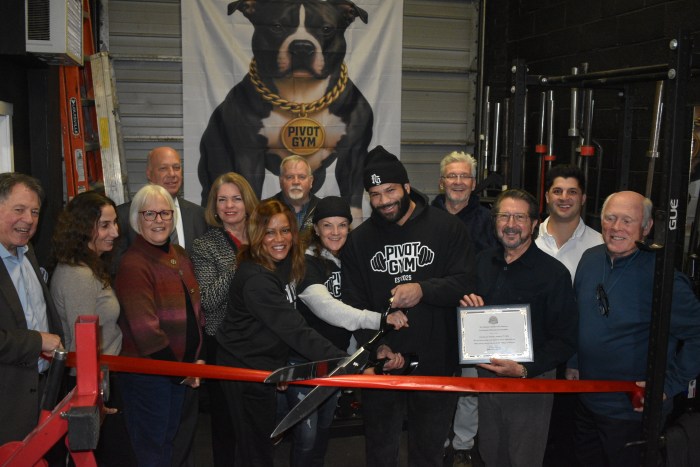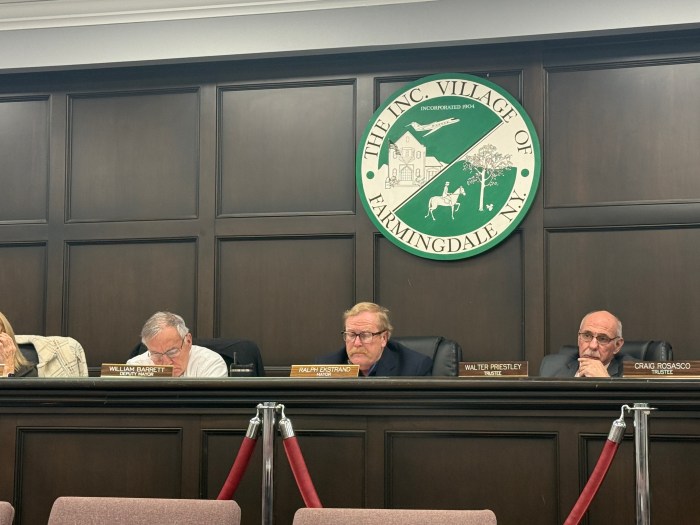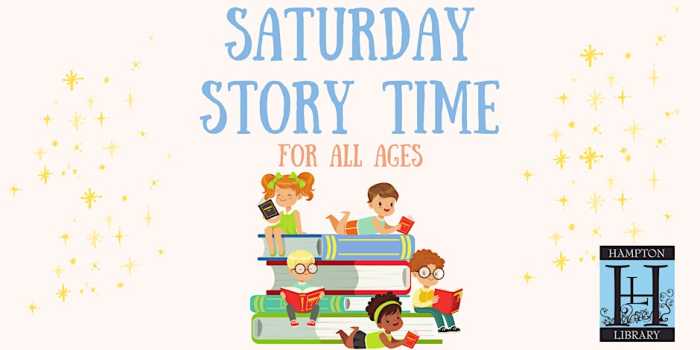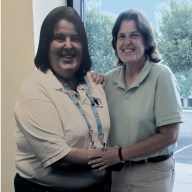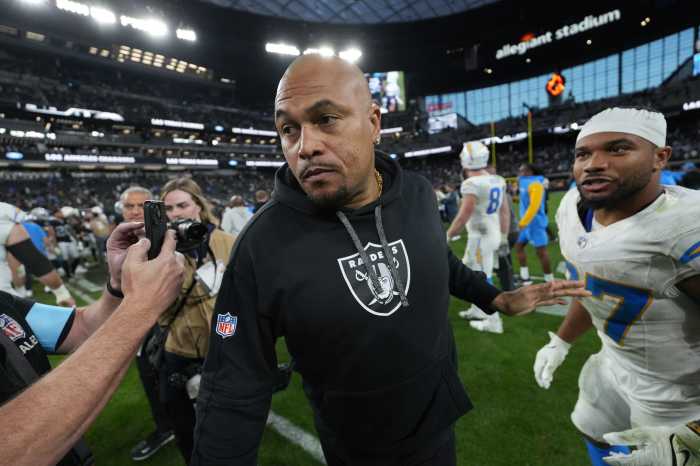The Women’s Empowerment Luncheon gave valuable insight on how professional women can balance their careers, families and health.
The Women’s Empowerment Luncheon had three objectives: to encourage collaboration, to educate and empower, and to celebrate the lives and successes of professional women across industries.
The event saw more than 100 women come together at One10, a restaurant in Melville, on Oct. 10. The room filled with laughter and conversation amid hors d’oeuvres. Some women came with colleagues, or friends. Others, interested in meeting likeminded professional women, came by themselves. Alyssa Danziger, an attorney, heard about the event from a close friend who had attended the Women’s Empowerment Luncheon last year, and urged Danzinger to experience it for herself.
“In the business industry, I feel like women — especially younger women — are definitely way less than the men,” Danziger told the Press. “So I’m always looking to network more with women specifically.”
The luncheon, hosted by M&T Bank and Wilmington Trust, featured a panel of experts from different backgrounds: Toni Badolato, in banking with M&T Bank, Alvina Lo, in wealth management with Wilmington Trust, and Anastasia Bakoulis, a doctor specializing in breast cancer at Stony Brook Medicine. The panel was moderated by Yianna Darsinos, in real estate with M&T Bank.
“It felt intimate,” attendee Stephanie Morgan told the Press. “Because it wasn’t a big event. And so you feel a little bit more comfortable asking questions, and feel like you’re paying attention more, and just being around women, and the sisterhood with that, is good.”
The panelists spoke with candor about the unique situations that women face while balancing their careers, families and health — and offered valuable insight on how to handle them.
Financial success for professional women
There is immeasurable diversity and individuality among women, but womanhood also lends itself to a commonality of experience. For example, women shoulder the vast majority of caretaking responsibilities for their children, spouses, aging parents or other loved ones. Women often put everyone else before themselves, Lo said — and that’s something that can hold them back from financial success.
“That’s great that we’re all caregivers,” she added. “I’m not encouraging us to be selfish individuals, but what I am encouraging is to make sure that you shout out what you really want, and also take care of yourself first.”
That tendency for women to feel uncomfortable putting themselves first is one of the habits that often hold them back from financial success, Lo said. Other habits include believing one must be perfect before moving on in their careers, or letting perfection get in the way of progress; letting immediate concerns drown out long term goals, or letting the day-to-day of one’s job distract one from their larger career plans; and building relationships, but then being uncomfortable leveraging them.
“Part of the purpose of M&T Bank and Wilmington Trust in hosting this is also making sure that we are here for our community,” she said, “And helping to build the ecosystem so you can all meet each other and leverage those relationships.”
It’s especially important for women to be engaged in their finances because of “The Great Wealth Transfer.” Studies show that women stand to inherit, or will have built, much of the $30 trillion in personal wealth by the end of 2030. And because women live, on average, 8 percent longer than men, women must be in a position to take care of themselves financially, Lo said.
It’s very common for widows who inherit their late husband’s wealth to be overwhelmed, or not feel like they have the knowledge — or right — to use that money, Lo told the Press. Financial literacy for women of all ages is more important than ever, so women can feel empowered enough to advocate for themselves at any stage of life.
Dealing with health as professional women
“Let’s talk about breasts,” pivoted panel moderator Darsinos, and was met with a wave of laughter.
Around 1 in 8 women are diagnosed with breast cancer at some point in their lives. The reality is that the disease — the second-most common cancer among women — is a major and common disruption to women’s professional and personal lives.
The best protection against cancer is prevention — so Bakoulis, a breast surgeon, explained what steps women should to stay on top of their health, and the risk factors for breast cancer to be on the lookout for.
First and foremost, women should get yearly mammograms by the time they turn 40. Ultrasounds are another option. Both exams help identify signs of breast cancer. But breast cancer is becoming increasingly common in younger women. Yet, the U.S. Health Task Force tried to increase the age of recommended mammographies, Bakoulis said.
“40 has long been the American Cancer Society’s recommendation, but it was only recently where they tried to push it up a little bit,” Bakoulis said. “And that was that was scary for us, because we think it should be going the other way.
Advancements in genetic testing now allow doctors to identify high-risk individuals with more accuracy than ever. There are some relatively common genetic mutations that bump a woman’s risk factor up to 60 percent, Bakoulis said. Staying on top of one’s health can help doctors identify that risk factor early on.
Women have commonly been encouraged to perform breast self examinations to identify signs of cancer.
“But we realize that we’re causing some chaos, because how can we expect our patients to know what they’re feeling, right?” Bakoulis said. “So instead of inducing anxiety and stress in our patients, we encourage something called self awareness.”
“The important thing is to try to recognize something that is different to you,” she added.
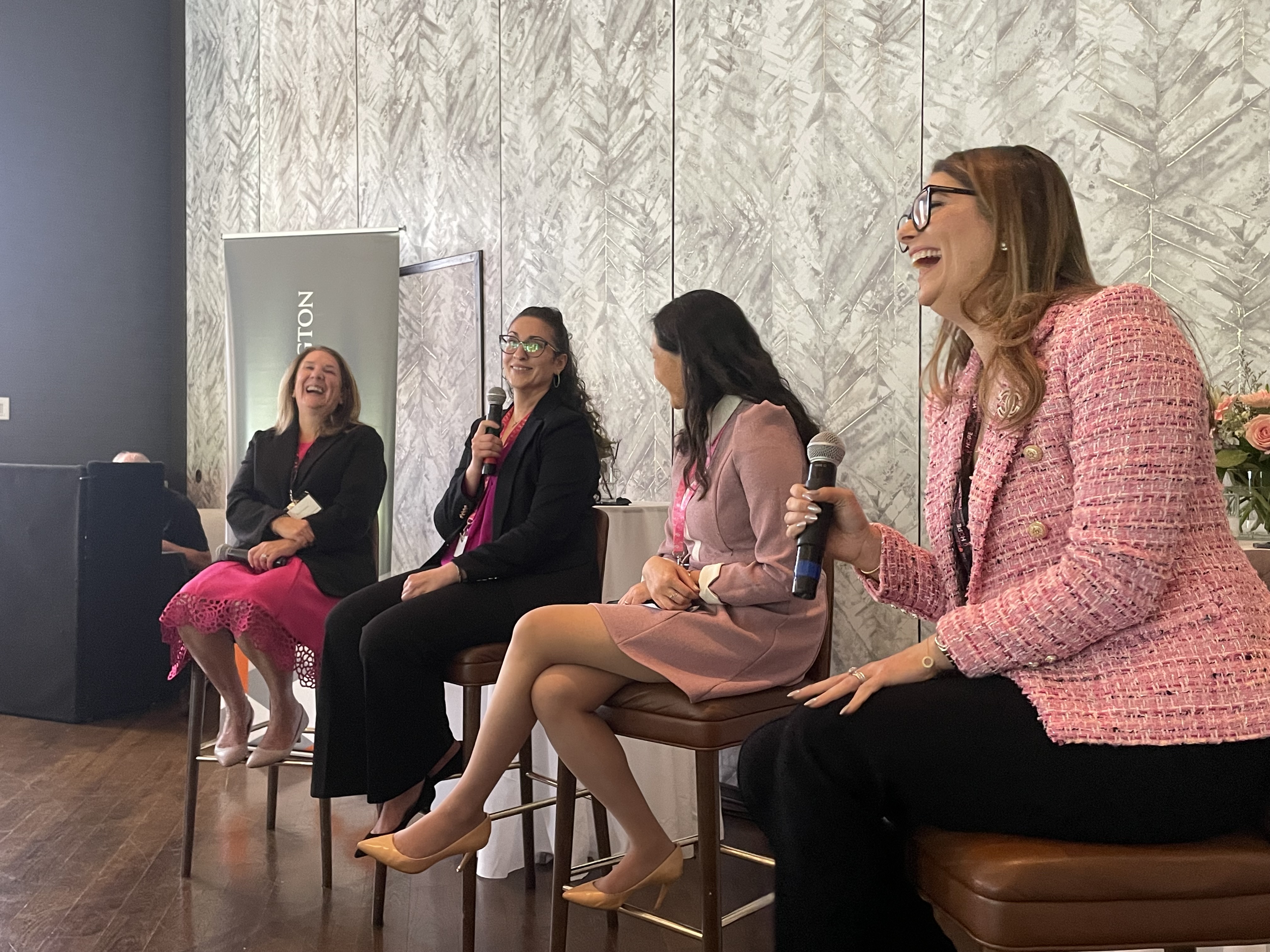
Advocating for yourself as professional women
For financial reasons, Toni Badolato had to join the workforce right after high school. She started working at a bank — before her days at M&T Bank — which had a tuition reimbursement program, during the day, and going to school at night. She then discovered the company had a loan officer training program, but the program was geared toward Ivy League graduates. She was told the program wouldn’t take her because she hadn’t yet completed her degree, and because she was an internal applicant.
She didn’t let that stop her.
Badolato, only a couple years out of high school, went directly to the head of the department. She presented to him why joining the program would be good for not only her, but to him as her boss, and to the company as a whole.
A couple weeks later, Badolato was in the exclusive program. Her boss had decided to sponsor her personally.
“Just keep going,” she told the professional women at the Women’s Empowerment Luncheon. “Don’t be afraid. Push ahead.”
Many women — Badolato herself included, she told the Press — experience a kind of imposter syndrome, or a tendency to think one doesn’t deserve what they’ve achieved. This can stop women for advocating for themselves in the workforce.
“The truth is, when you come to a point where I always think, what’s the worst thing that can happen?” Badolato told the Press. “And the worst thing that can happen is they say no.”
The panel’s diverse expertise was a huge draw for professional women to come to the the Women’s Empowerment Luncheon, and it didn’t disappoint, multiple attendees told the Press.
“Just hearing Toni’s story, how she started and where she is now, is very inspiring,” Morgan said. “(The panel) is what attracted me to come to this event, and I’m so happy I did.”
“Coming in as a young professional, I aspire to be all these women who I just listened to, and I just want to know how they got to where they are now,” Casey Seuerzeig said.
But above all else, the core of the luncheon was the opportunity to share information and network with other professional women, and in doing so, find a sense of community.
“I loved it because it was like a women’s network,” Sonia Arias said. “So, yes, it is more welcoming. Every event that you go to, we are outnumbered most of the time. Having a women’s network is definitely something that you do not want to miss.”




